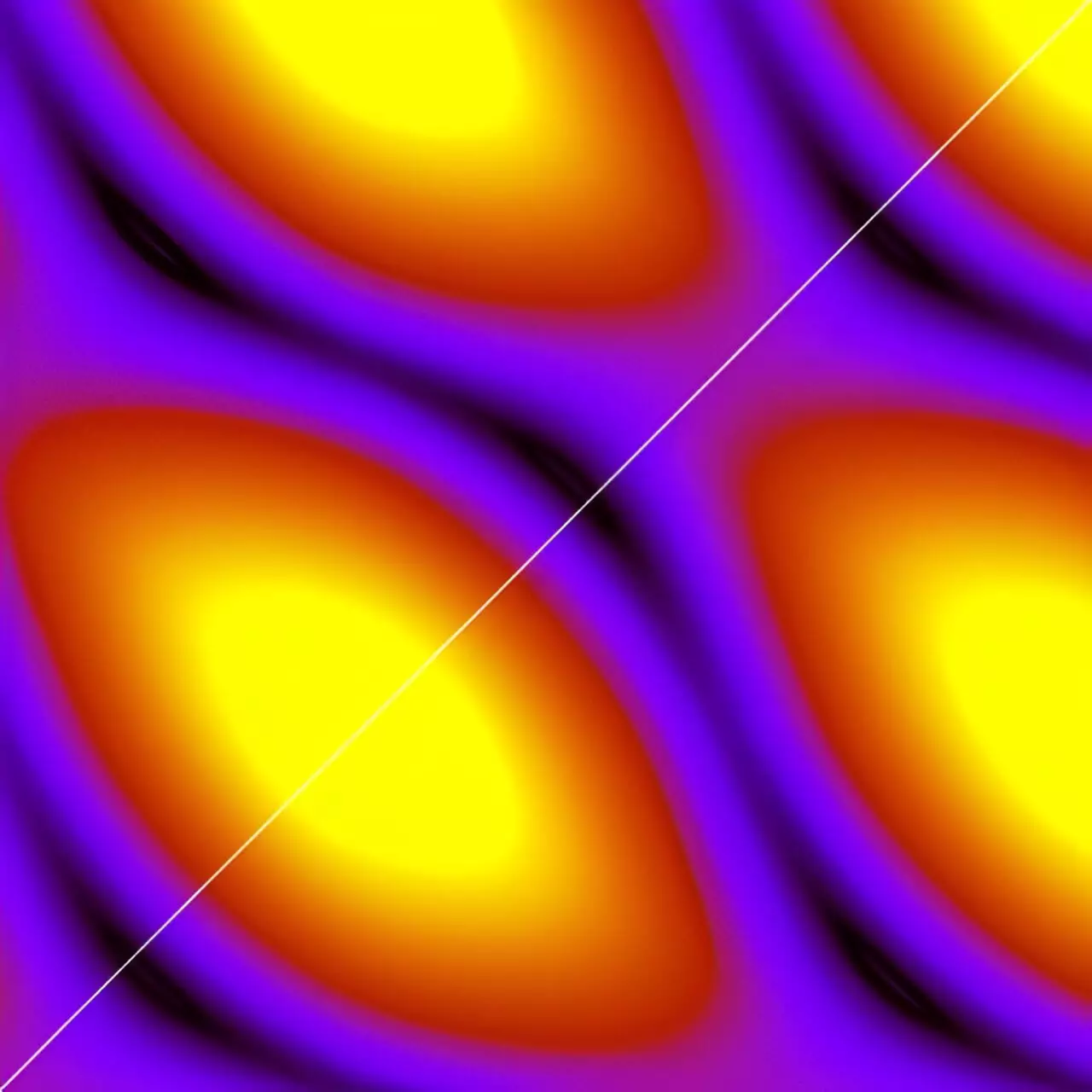The field of quantum computing has seen significant advancements in recent years, with researchers exploring various materials and phenomena to harness the power of quantum-mechanical interactions for information processing. One such promising development is the creation of electronic states resembling molecules in superconducting circuits. Physicists at RIKEN have successfully generated these states, known as Andreev molecules, which could revolutionize the landscape of quantum information technologies in future quantum computers.
Superconductors, materials that exhibit zero electrical resistance, offer a multitude of benefits in electronic circuits. Aside from their energy efficiency due to the absence of wasteful heating, superconductors possess unique quantum-mechanical properties that can be exploited for novel functionalities in devices. The Josephson junction, a key component of superconducting circuits, plays a crucial role in manipulating the flow of supercurrents and creating bound states called Andreev bound states.
Sadashige Matsuo and his team at the RIKEN Center for Emergent Matter Science delved into the realm of Andreev molecules by investigating the interactions between two Josephson junctions sharing a common superconducting electrode. By coupling these junctions with a thin layer of indium arsenide and aluminum, the researchers were able to observe the formation of Andreev molecules through tunneling spectroscopy. This groundbreaking work sheds light on the controllability and potential applications of Andreev molecules in superconducting circuits.
The emergence of Andreev molecules in coupled Josephson junctions opens up a new avenue for superconducting transport phenomena. The ability of one Josephson junction to influence another through Andreev molecules gives rise to exotic effects like the Josephson diode effect. This effect has the potential to revolutionize the design of less dissipative rectifiers in superconducting circuits, paving the way for enhanced functionality and efficiency in future quantum computers.
The creation of Andreev molecules in superconducting circuits represents a significant advancement in the field of quantum information technologies. The findings of Matsuo and his colleagues provide fundamental insights into the controllability and electronic properties of Andreev molecules, laying the groundwork for further research in harnessing these exotic effects for quantum computing applications. With continued exploration and innovation, Andreev molecules may hold the key to unlocking the full potential of quantum computers in the years to come.


Leave a Reply